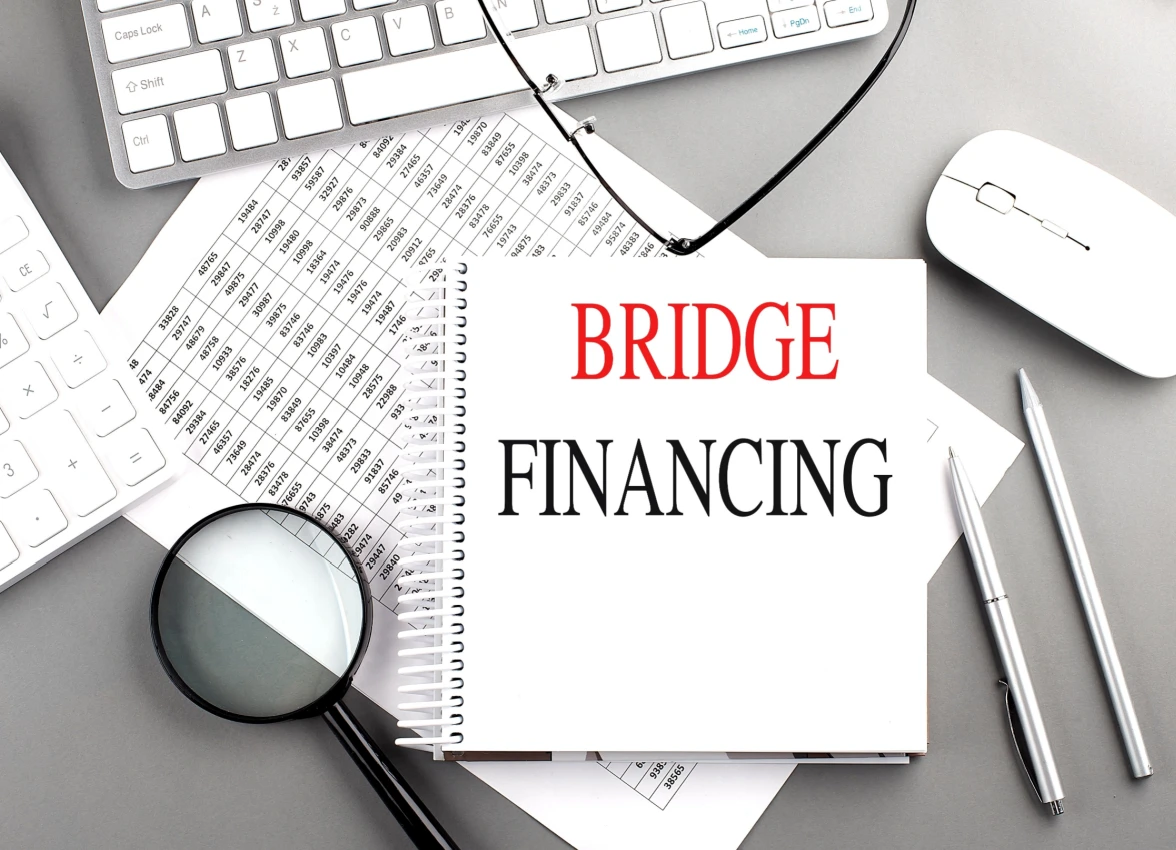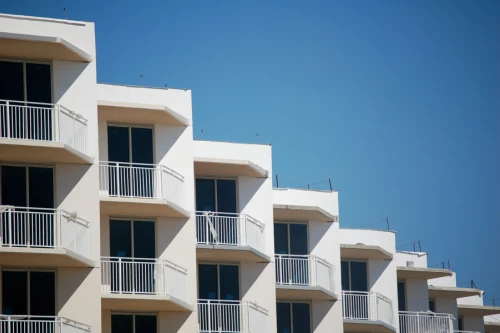Eliminating a Security Deposit to Fill a Vacancy is a Mistake – Unless You Do This…
 A quick visit to Craiglist and you’ll probably see a few headlines like this – “$1,000 off first month’s rent!” or “$99 security deposit!” or even “NO Security Deposit”. Depending on what area your rental is you may find that filling a vacancy has become more difficult during the pandemic. States are reopening, but the housing crisis will continue for millions of Americans who are struggling to recover financially. That may mean fewer qualified renters and less demand for rentals in high-end or urban markets, making some landlords a little desperate. But before you resort to cutting your security deposit with no backup plan, consider using LeaseGuarantee as an affordable security deposit alternative that can incentivize tenants to apply without increasing your financial risk.
A quick visit to Craiglist and you’ll probably see a few headlines like this – “$1,000 off first month’s rent!” or “$99 security deposit!” or even “NO Security Deposit”. Depending on what area your rental is you may find that filling a vacancy has become more difficult during the pandemic. States are reopening, but the housing crisis will continue for millions of Americans who are struggling to recover financially. That may mean fewer qualified renters and less demand for rentals in high-end or urban markets, making some landlords a little desperate. But before you resort to cutting your security deposit with no backup plan, consider using LeaseGuarantee as an affordable security deposit alternative that can incentivize tenants to apply without increasing your financial risk.
The Wrong Way to Incentivize Applicants
First, let’s go over why cutting a security deposit without using an alternative risk mitigation tool is bad business. As many landlords have found out these last few months even good tenants could quickly fall behind on rent because of unexpected unemployment, illness, or a nationwide emergency. There is no way to be certain, especially in the early months of a tenancy, how a tenancy will turn out. Removing your security deposit leaves you open to financial loss that could be greater than the loss you were experiencing when your unit was vacant.
Now the argument can be made that there are some tenants who may have recently regained employment now that states are lifting stay-at-home orders and these tenants may not be able to afford a high security deposit. This is certainly the case for many people (and often through no fault of their own), but how can you tell who you should be making exceptions for? A thorough tenant screening is the first step, but even then it doesn’t make sense to let go of a security deposit with no safety net in place for yourself.
AAOA is encouraging our members to use LeaseGuarantee instead of a security deposit to help fill a vacancy quickly, lower move-in costs for tenants, and increase your protection.
How to Lower a Security Deposit and Get More Protection
LeaseGuarantee reimburses landlords for evictions, damages, and rental losses up to $10,000. To get LeaseGuarantee, simply screen a tenant on AAOA.com. The report results will tell you if your tenant qualifies (most do). Select from $1,000, $2,500, $5,000, or $10,000 of protection. We suggest getting a protection amount that is equal to or greater than two months of rent.
Then select whether you will pay for it or the tenant. Most landlords pass the bill along to the tenant which can be as low as $199/yr. Other times a landlord may choose to pay for LeaseGuarantee instead and split the payment with the tenant. Either way, it’s up to you.
When either you or the tenant has paid for LeaseGuarantee you’re ready to get the lease signed! You’ll have more protection than a security deposit and tenants are still incentivized to move-in because their LeaseGuarantee is less expensive than a security deposit.
Later this year LeaseGuarantee will be offering tenants the option to pay for LeaseGuarantee monthly to lower their move-in costs even further.
But I’ve Never Had a Problem Tenant
We’ve heard this brought up by AAOA members before. Some of you may not have had any negative experiences with evictions or excessive damages. That’s great news and really shows that tenant screening does help to filter out bad apples in most cases. However, we have noticed a trend in AAOA members who start to use LeaseGuarantee only after they’ve had an unpleasant tenancy that has resulted in thousands of dollars of losses. Rather than wait for something like that to happen you can use LeaseGuarantee now while helping tenants substantially reduce their move-in costs. They’ll end up with more money in their pocket and you’ll end up with more protection. This is especially true if you live in a city or state that limits security deposits to only one month’s rent.
Conclusion
The rental market is changing quickly and it’s important to maintain a clear head while you’re deciding whether to adjust your rental policies for newcomers. It’s tempting to make exceptions and offer incentives if you’re struggling to fill a vacancy, but you shouldn’t leave yourself exposed. Using a security deposit alternative like LeaseGuarantee and thoroughly screening tenants is the best way to rent confidently during these times.















 Accessibility
Accessibility